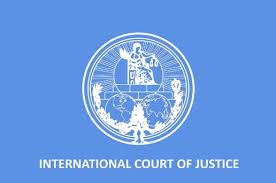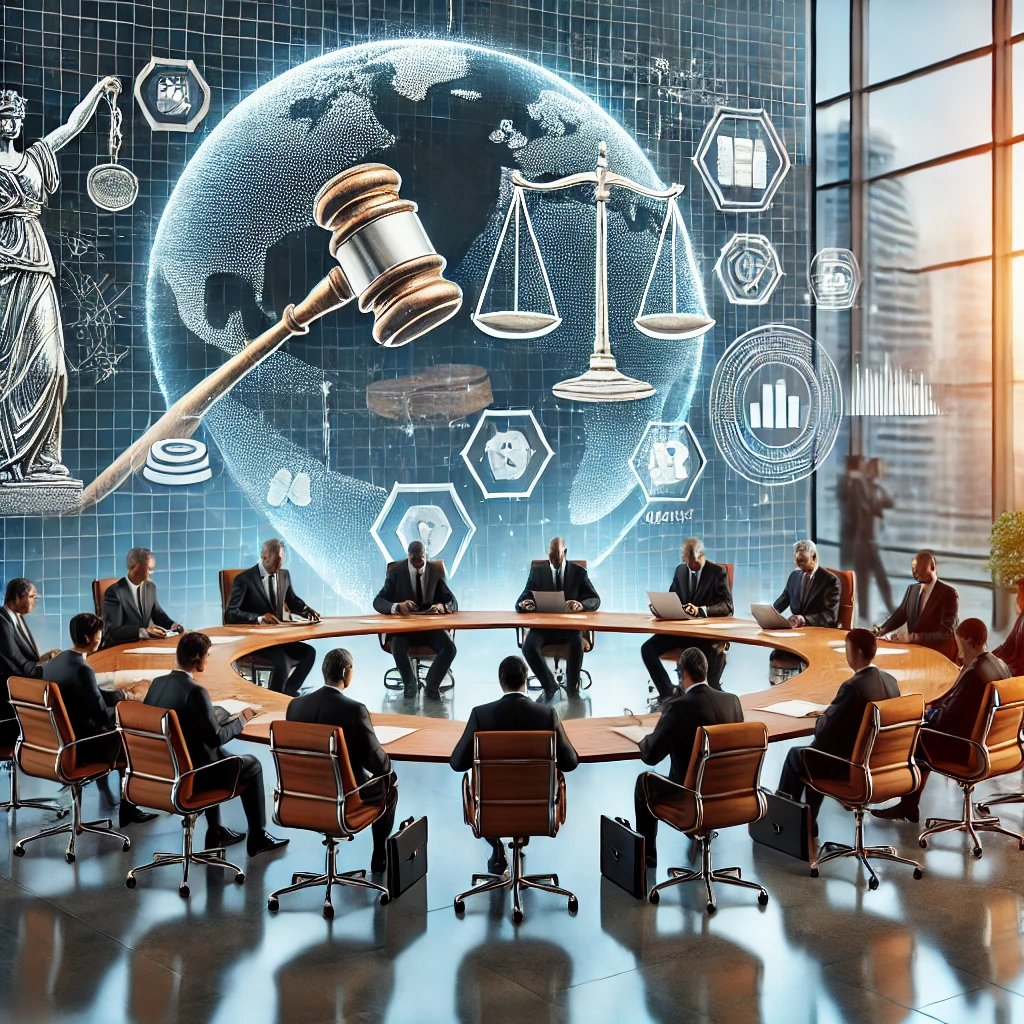The United Nations under International Law
The United Nations under International Law
1. Introduction
The United Nations (UN) is an international organization established to promote international peace, security, cooperation, and human rights. It is a central actor in international law and global governance.
The UN was founded in 1945 by the Charter of the United Nations, which is its constitutive treaty and a foundational document of modern international law.
2. Legal Personality of the UN
One of the fundamental questions in international law is whether the UN possesses international legal personality, meaning it can:
Enter into treaties,
Bring claims,
Be subject to obligations,
Maintain privileges and immunities.
Case: Reparations for Injuries Suffered in the Service of the United Nations (Advisory Opinion), ICJ, 1949
Facts: After suffering injuries during UN service, the question arose whether the UN had the capacity to bring claims for reparations.
Ruling: The International Court of Justice (ICJ) held that the UN does have international legal personality, independent of its member states. It can bring claims to enforce its rights.
Significance: This confirmed the UN as a subject of international law, capable of functioning on the international stage.
3. The UN Charter and Its Principles
The UN Charter sets out the purposes, principles, and organs of the UN. Key principles include:
Sovereign equality of all member states (Article 2(1))
Peaceful settlement of disputes (Article 2(3))
Prohibition of the threat or use of force except in self-defense or UN Security Council authorization (Article 2(4))
Non-intervention in domestic affairs (Article 2(7))
Respect for human rights and fundamental freedoms (Preamble and Chapter IX)
The Charter is a treaty under international law, binding on all members.
4. Main Organs of the UN
General Assembly: Deliberative body representing all members.
Security Council: Responsible for maintenance of international peace and security; can authorize collective action.
International Court of Justice (ICJ): Judicial organ resolving disputes between states.
Secretariat: Administrative body led by the Secretary-General.
Economic and Social Council (ECOSOC): Coordinates economic and social cooperation.
Trusteeship Council: Suspended its operations but was responsible for administering trust territories.
5. Security Council and Use of Force
The UN Security Council has primary responsibility for maintaining international peace and security.
Key Provisions:
Article 39: Determines existence of threat or breach of peace.
Article 41: Sanctions without armed force.
Article 42: Authorization of armed force if non-force measures fail.
Case: Legality of the Threat or Use of Nuclear Weapons (Advisory Opinion), ICJ, 1996
Issue: Whether the threat or use of nuclear weapons is permitted under international law.
Ruling: The Court stated that use of force must comply with the UN Charter; Security Council authorization is key.
Significance: Reinforced the central role of the UN in regulating use of force.
6. Peacekeeping and International Law
While peacekeeping operations are not explicitly mentioned in the UN Charter, they have become a core activity.
Peacekeepers operate under mandates from the Security Council.
They must comply with international law, including human rights law and international humanitarian law.
Case: Certain Expenses of the United Nations (Advisory Opinion), ICJ, 1962
Facts: Questions about payment for UN peacekeeping operations.
Ruling: ICJ recognized peacekeeping as an authorized activity of the UN, reinforcing its legal basis.
Significance: Gave legal support to UN peacekeeping missions as part of the organization’s functions.
7. Immunity and Privileges
To perform its functions effectively, the UN enjoys immunity from legal processes in member states.
Immunity is essential to protect UN officials and property.
This is codified in the Convention on the Privileges and Immunities of the United Nations (1946).
Case: Difference Relating to Immunity from Legal Process of a Special Rapporteur of the Commission on Human Rights (Advisory Opinion), ICJ, 1999
The ICJ clarified the scope of immunities enjoyed by UN officials, balancing the need for functional independence with accountability.
8. UN and International Human Rights Law
The UN promotes human rights through:
The Universal Declaration of Human Rights (UDHR) (though not legally binding itself).
Treaties like the International Covenants on Civil and Political Rights and Economic, Social and Cultural Rights.
The work of the Human Rights Council and special rapporteurs.
The UN plays a normative and supervisory role in advancing international human rights law.
9. Limitations and Criticisms under International Law
The UN depends on state sovereignty; enforcement is often challenging.
The veto power of the five permanent Security Council members can block action.
Sovereignty limits UN intervention except under specific conditions.
10. Summary
| Aspect | Description |
|---|---|
| Legal Personality | Recognized by ICJ; can sue and be sued |
| Governing Document | UN Charter (treaty under international law) |
| Main Organs | General Assembly, Security Council, ICJ, etc. |
| Use of Force | Permitted only with Security Council approval or self-defense |
| Peacekeeping | UN-sanctioned but not explicit in Charter |
| Immunity | Extensive legal immunities to perform functions |
| Human Rights Role | Promotes and supervises global human rights |












comments